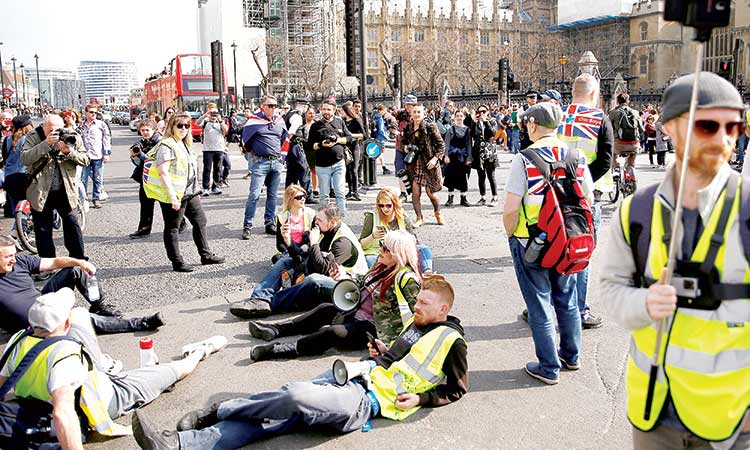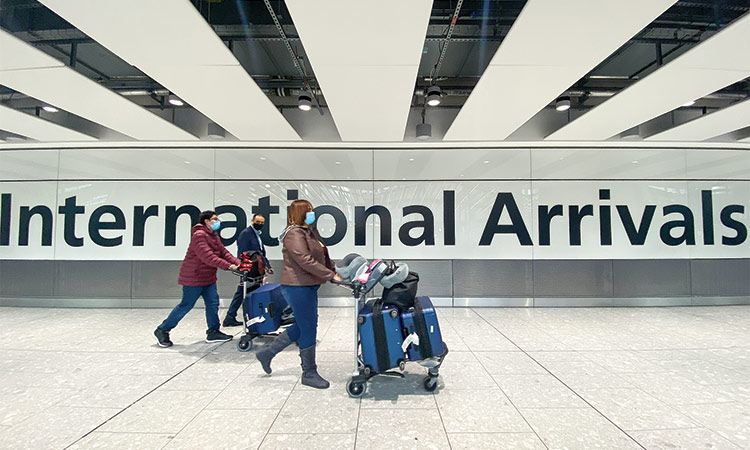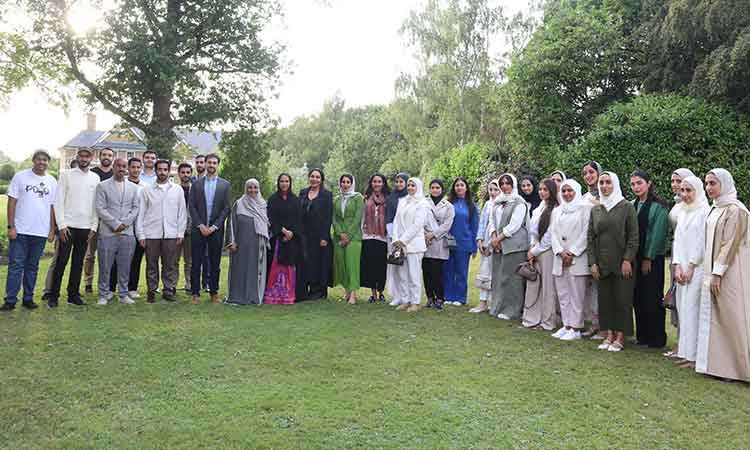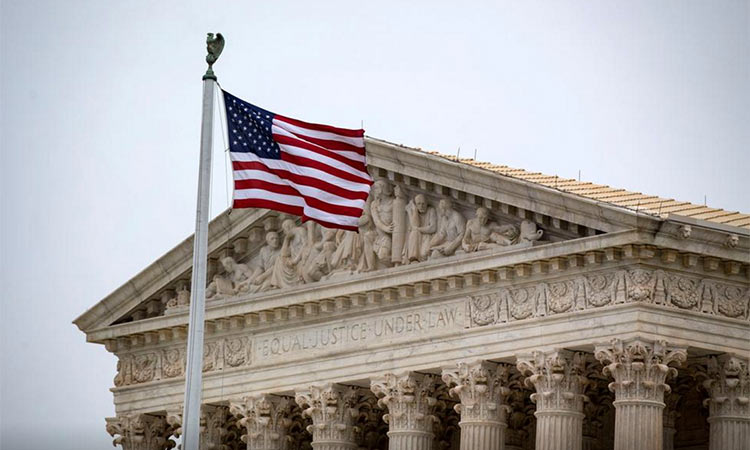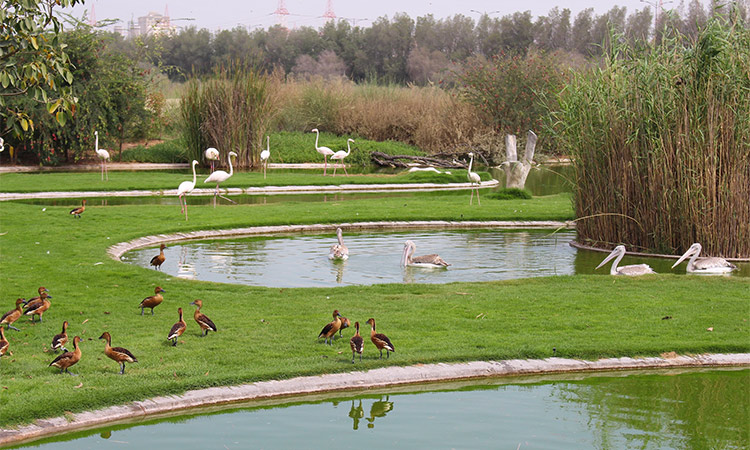World’s mayors are stepping up on global issues

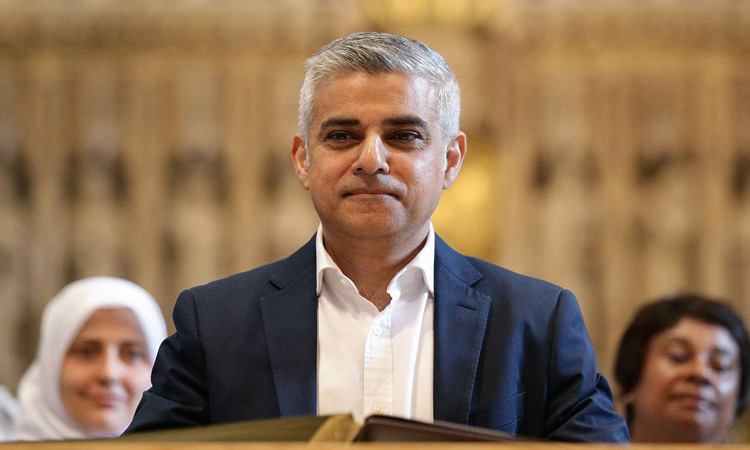
Sadiq Khan, Mayor of London.
The consequences are being felt all over the globe, as major nations, led by the United States, abandon long-standing policies in support of free trade, open borders and multilateral cooperation. Protectionist sentiment is rising, doors to migrants are closing and international agreements are being ignored, if not abandoned altogether.
Yet, the growing effort to put narrow national interests first ignores a broader and more important trend shaping the world — urbanisation and the gradual shift in power from the nation to the city. Mayors may not yet be ruling the world, but they are increasingly demanding a seat at the table where decisions on how to address global challenges are being made.
The rise of cities is the real story of our time. For the first time in history, more people live in cities than on the land, and the rate of urbanisation is rising sharply. This year alone, the world’s urban population will increase by 80 million people. That’s more than 200,000 new city dwellers every day. And most are moving to big cities of a half million residents or more.
With more people comes more clout. Big cities produce three-quarters of global economic output, and between now and 2030, they will account for 80% of all growth. Global cities such as Tokyo, London, Chicago and Beijing are not only responsible for the world’s prosperity, but they increasingly shape its ideas, its culture and its future.
And it is in cities that most of the world’s current and future challenges are playing out — and where the real solutions will have to be found.
Climate change has a major impact on urban life. Rising sea levels threaten coastal cities from Miami to Jakarta. More extreme weather patterns bring floods, drought and storms into a growing number of urban centers. Diseases once confined to tropical areas are spreading globally and affecting vulnerable populations. And because cities are most affected by these changes, they have to be part of the solution, if only because they account for 70% of global greenhouse emissions.
Migration is another serious issue, with some 65 million people on the move today around the world, fleeing war zones, gang violence, widespread drought and other calamities while searching for greater opportunities elsewhere. Many of these migrants are looking to settle in cities, especially in global cities with multicultural populations and ample job opportunities.
Add to the list terrorism and extremist violence, water and air pollution, social and economic inequality — all of these issues manifest themselves in cities and can be dealt with effectively only if cities are a central part of the solution.
Yet, while cities are the front line of these challenges, they are mostly absent from the international negotiating table where global dangers are debated and decisions to combat them are made. Those seats are reserved for the nation states that have run the world for the past four centuries. That needs to change. To be successful in tackling any of these global dangers, cities will need to have not only a voice but also an actual seat at the table.
Mayors around the world get it. Hundreds of them showed up in Paris in 2015 when nations gathered to negotiate limits on future greenhouse gas emissions to make sure their voice was heard. They created the Mayors Migration Council to influence the United Nations negotiations on the compact on migration. They formed an “Urban 20,” or U-20, to press G-20 leaders to take their views into account on economic and other key questions. In all, there are now some 300 networks of cities to help coordinate collective action and influence international negotiations.
These are but early indications of a growing trend — cities are becoming key actors on the global stage, demanding a voice and ultimately a vote, on how to address the major global challenges that affect their populations most. The global order, so long dominated by the interests and perspectives of nation states, will have to find a way to accommodate the rising power of cities. For even though nationalism may be having its moment right now, cities already own this century.
